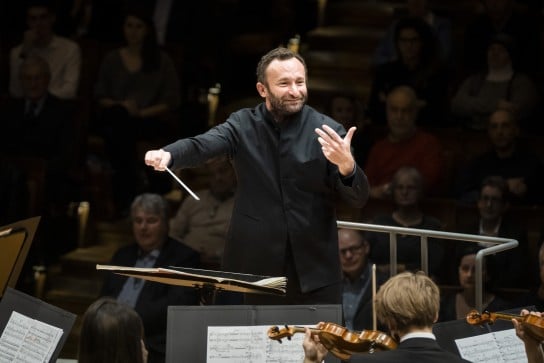Label news: Naxos links into gamers
NewsThe major classical resource Naxos has linked up with the Reactional Platform, which allows game developers to create interactive music soundtracks in games.
Naxos and Reactional will aim to collaborate on the composition of interactive soundtracks, ‘allowing composed music to be generated in real time around the gamer and gameplay’.
Reactional Music President David Knox said: ‘With 14,000 games released on PC, 8,000 on console and thousands more on mobile each year, the diversity of games development across five continents is huge. The partnership with Naxos is important as it brings music scores from every region of the world together along with an incredible catalogue of classical music. Naxos has a vision and understanding of the transformations that are taking place and the new opportunities that now exist for creative and commercial use and consumption of music.’






Comments